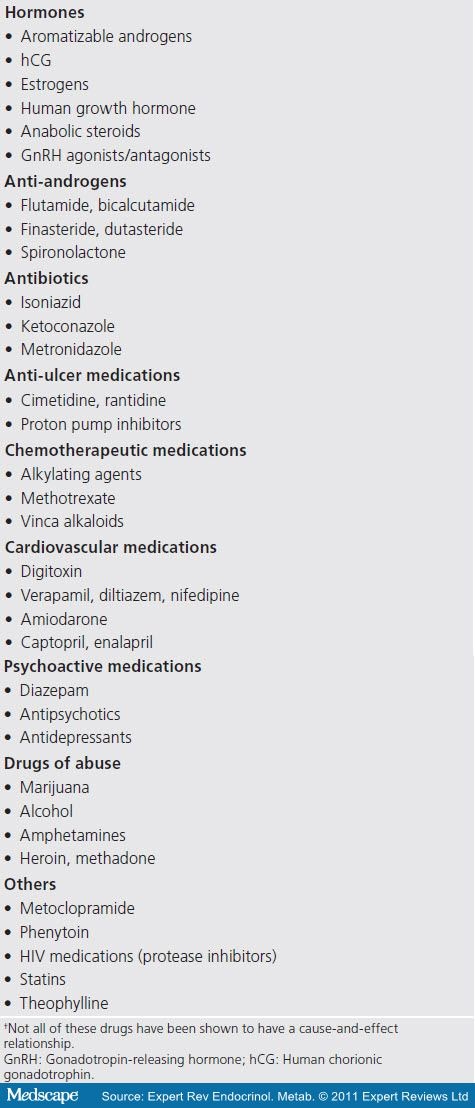
The startle or Moro reflex is a hard-wired response in your newborn to something unexpected - a loud noise, say, or the sensation of falling. This book teaches you simple techniques based on other cultures where babies do not get colic, and on the idea a baby’s first three months are like a fourth trimester.Here’s what you need to know about the Moro reflex, including what it looks like and why it happens. The Happiest Baby on the Block: The New Way to Calm Crying and Help Your Baby Sleep Longer, by Harvey Karp.You will be better able to take care of your baby if you are taking care of yourself! Take a Break! Parents and caregivers need breaks from crying babies.Ĭrying can be tough to handle, especially if you're physically tired and mentally exhausted. Remember to check with your baby's doctor before trying any remedies for your baby. Please remember that just because something is “natural,” it is not necessarily safe. Sedatives, antihistamines, and motion-sickness medications, like dicyclomine (Bentyl) are NOT safe or effective in treating colic in babies. Studies have shown that Simethicone (Mylicon) and lactase (the enzyme that helps digest lactose-the sugar in cow’s milk-which is in breast milk if the mother consumes dairy products) do not help colic. Giving rice cereal does not help solve colic. If you are concerned, call your pediatrician. If your baby goes to sleep, remember to always lay her down in her crib on her back.

#Newborn arch back professional
If the stress or blues become too much, it’s good idea to get professional help. Eating a well-balanced diet, getting sleep and exercise, and talking to others can do wonders.

Take care of yourself and manage your stress.Get support from family, friends, your religious community, neighbors, etc.This can really help with your stress level, in addition to soothing your baby. Talk a walk with your baby in the stroller.Many parents (and babies!) love slings once they get the hang of them-but sometimes it takes a little experimentation.
#Newborn arch back free
Baby carriers can make it easier to hold your baby and free your hands. Babies under 3 months are not neurologically mature enough to calm themselves. Many babies are calmed by sucking. Holding babies and picking them up when they cry does not “spoil” them. Respond consistently to your baby’s cries.Here are some ways to help soothe your baby. Colic usually starts to improve at about 6 weeks of age, and is generally gone by the time your baby is 12 weeks old. It does not have any lasting effects on the child in later life. Colic is perfectly normal, and does not mean there is anything wrong with either the baby or their parents. No one is really sure what causes colic, but suspected causes include intestinal gas or an immature nervous system. Some experts have estimated as many as half of all babies have colic. The crying usually starts suddenly at about the same time each day. Sing songs or read books with your baby.Ĭolic is when an otherwise healthy baby cries more than three hours a day, for more than three days a week, between ages three weeks and three months. Rectal temperature is the most accurate temperature in infants. If your baby is younger than 2 months and has a fever (100.4 F or 38 C), call your child's doctor right away. Contact your child's doctor if your baby is fussy after feeding, arches his/her back, has excessive spitting or vomiting, and is not gaining weight. Spitting up or vomiting a lot. Some babies have symptoms from reflux.In the first few months, babies wet and soil their diapers a lot. Hot or cold. Dress your baby in about the same layers of clothing that you are wearing.Hungry. Watch early signs of hunger, such as lip-smacking or moving fists to his mouth.

Some babies cry more than others, even when there is nothing wrong. Babies often cry the most between 2 weeks and 4 months of age.


 0 kommentar(er)
0 kommentar(er)
